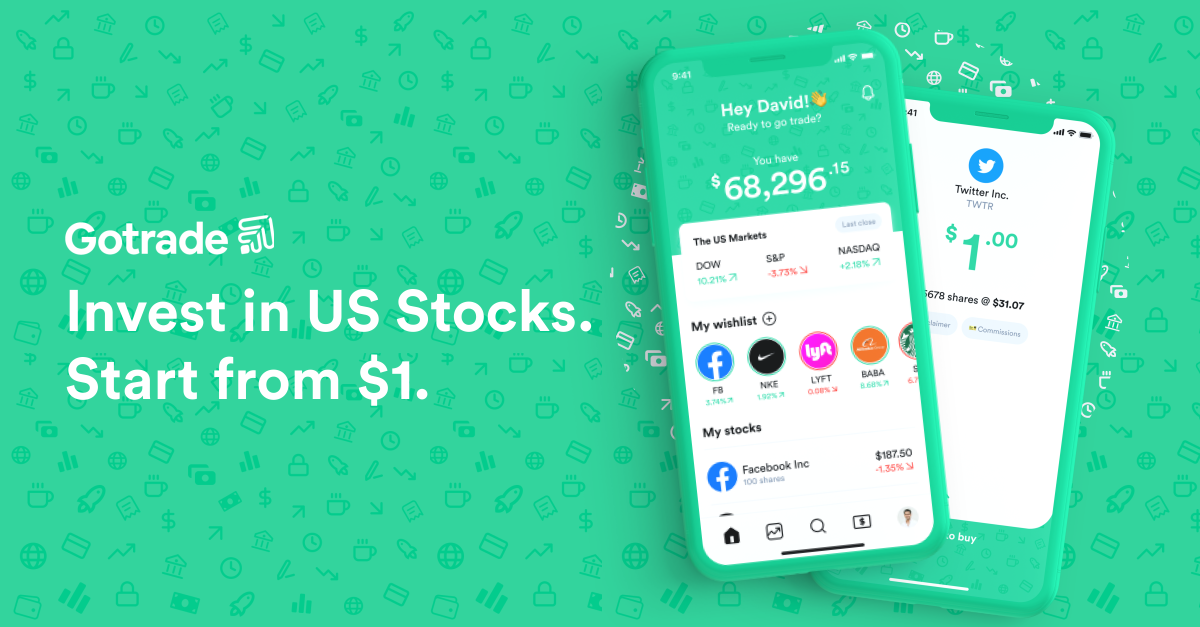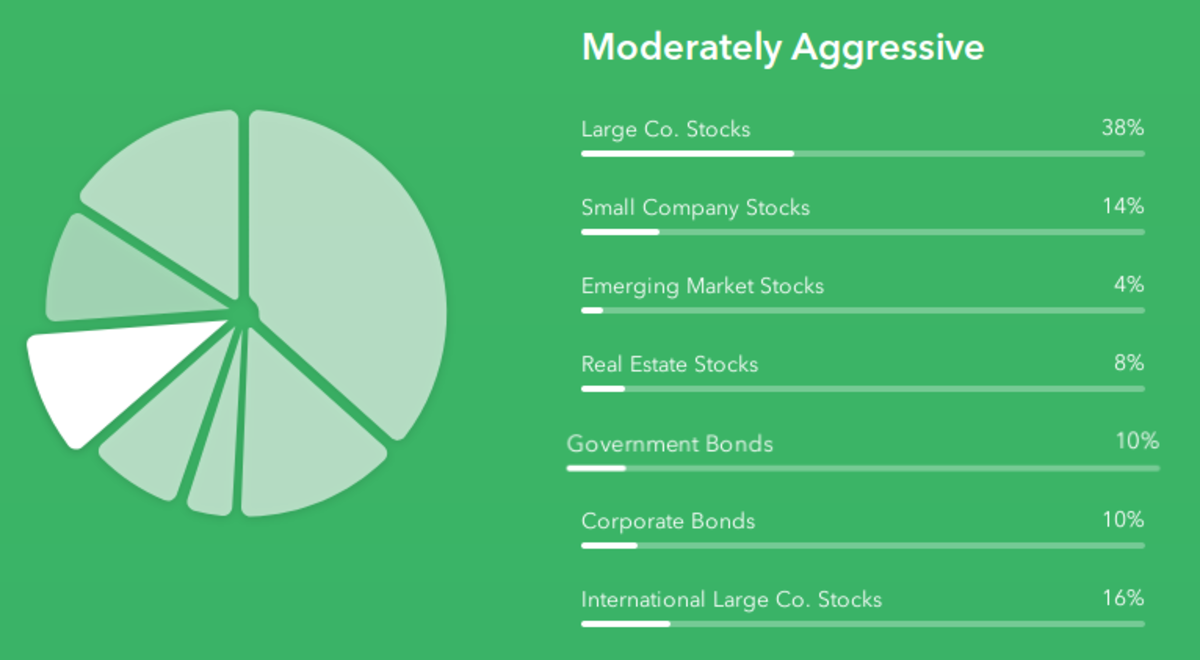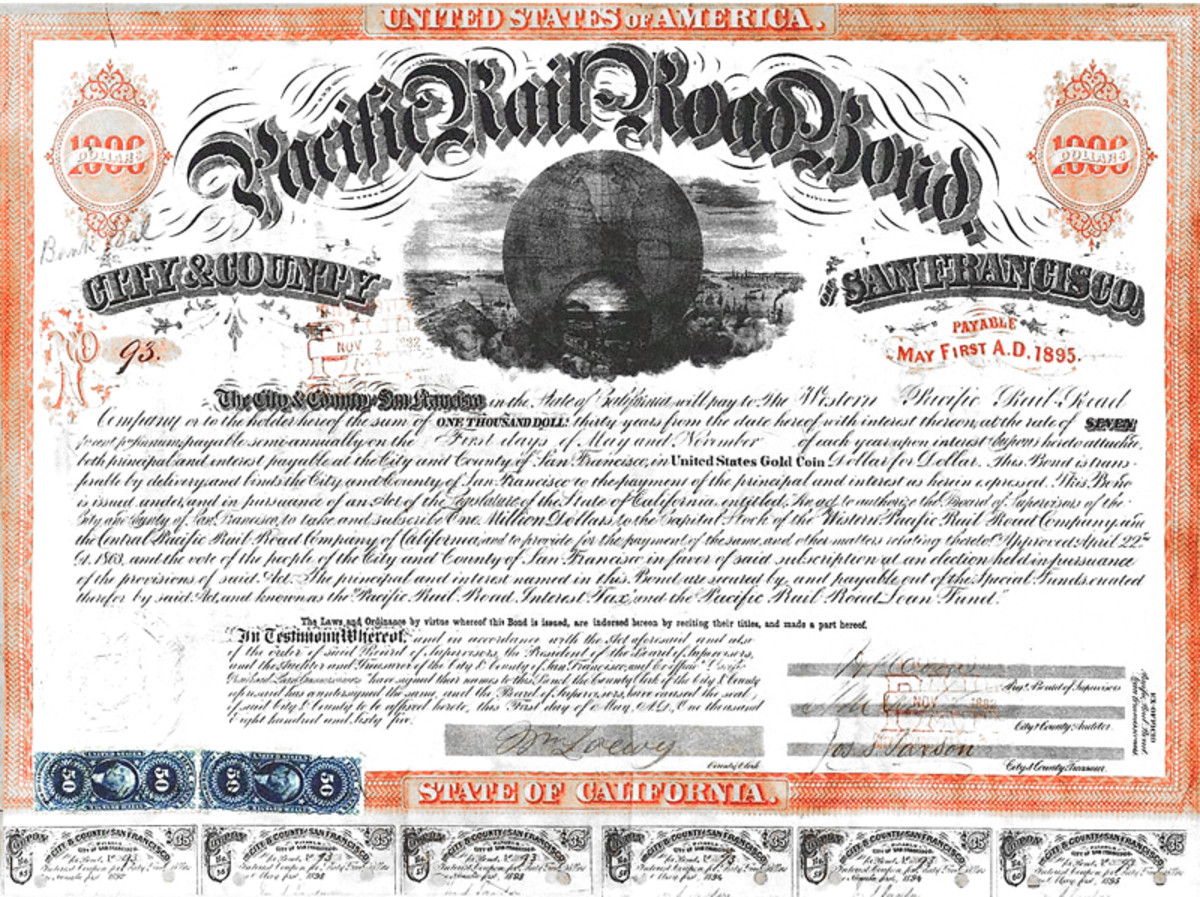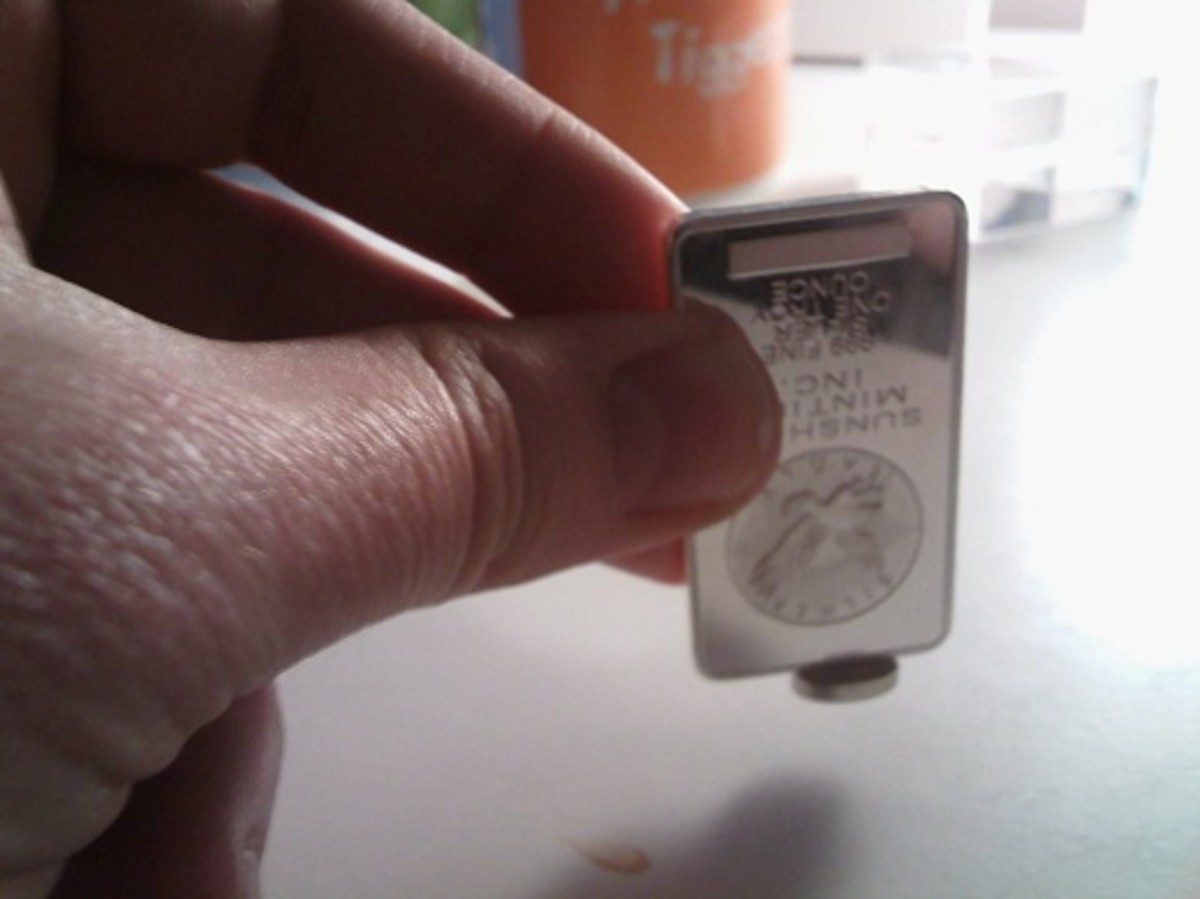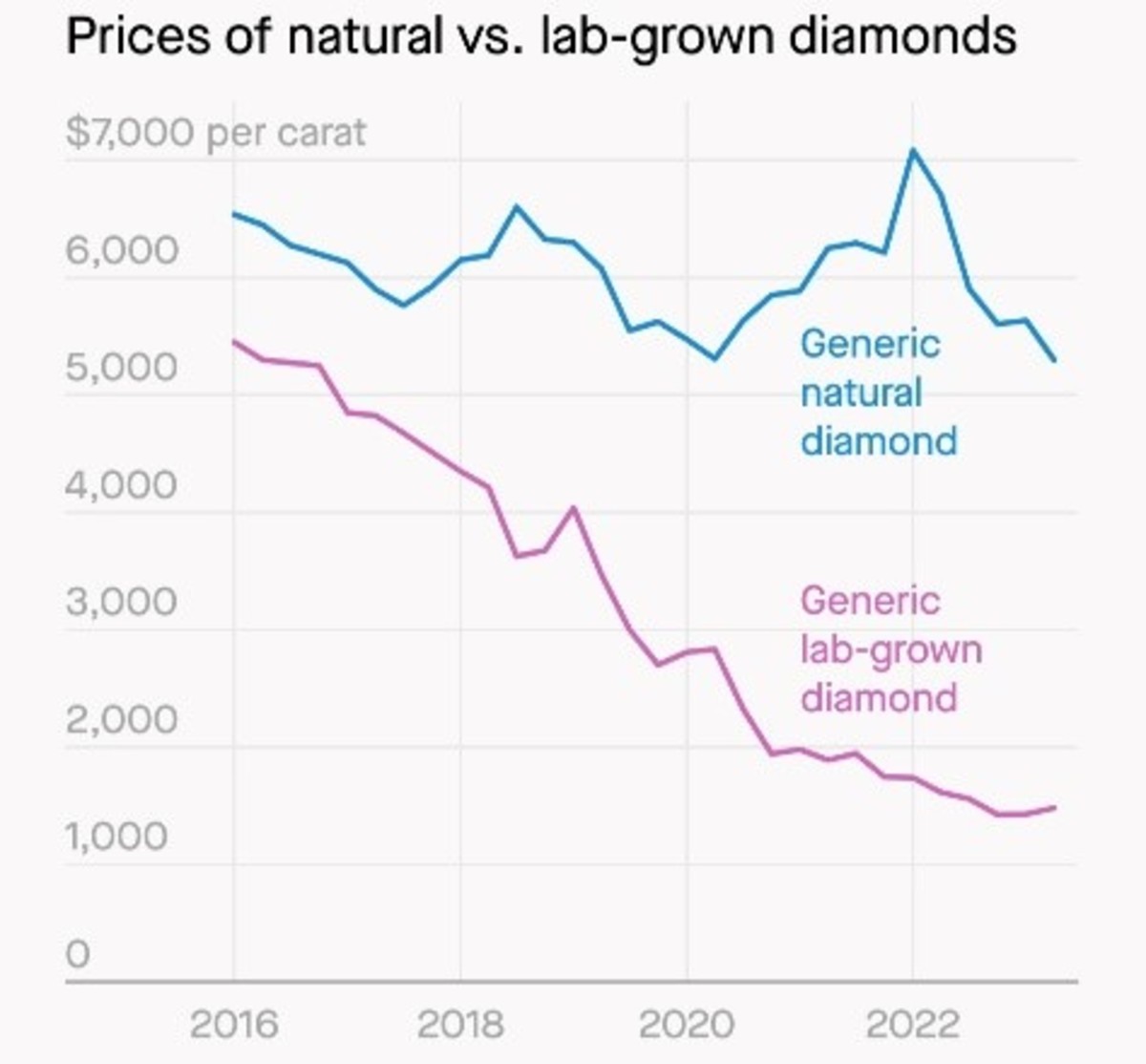Forms of Investment
Forms of Investment
Bonds are issued by governments and corporations to borrow money. The amount of interest paid on a regular basis to the bond holder is usually fixed at the time the bond is first issued. Once issued to the public, the price of the bond is determined by the market forces. Every bond has three features: (1) a face value; (2) a specified interest based on the face value; and (3) a redemption date.
Convertible bonds have fixed rates of interest, face values, and maturity dates. They may be exchanged for a pre-determined number of common shares.
Preferred stock represents shares of ownership in the company. It carries a fixed rate of dividend which must be paid before any dividend on common stocks. However, it does not carry voting rights.
Holders of participating preferred are entitled to additional dividends if the common stock dividends exceed a certain amount.
Cumulative preferreds guarantee that, should the company not be in a position to pay the dividend at any given period, it will pay the accumulated dividend at a later period. Such payments will take precedence over common stock dividends.
Convertible preferreds can be exchanged for a special number of common shares at the holder's option.
Retractable preferreds give to the holder the right to redeem his or her shares after a specific date at a specific price.
Foreign investments
Foreign currencies. You may keep your money in the currency of your choice that which you think will appreciate in value.
Foreign bonds. You may invest in foreign bonds that are denominated in currencies that you think will appreciate in value.
Eurobonds are issued by governments and corporations and are available outside the national boundaries of the issuers. They may be denominated in any major currency. Eurobonds, in general, pay a higher interest rate.
Foreign securities. If the economy of a foreign country is likely to remain very strong in the next few years, invest in that country.
Options
Call option is the right to buy 100 shares of a specified stock, at a specified price before a specified date.
Put option gives you the right to sell 100 shares of a particular stock at a specified price before a specified date. You would make money if the stock went down below the strike price. Otherwise, you would lose the premium paid.
Commodities
• You buy or sell a contract through a commodity broker who in turn goes through a commodity exchange, a central clearing house.
• Commodity trading is available only for certain grains, currencies, metals, etc. You bet only for a standard quantity.
• When you bet, you have to put down a certain percentage of the total value of the contract. If the market moves against you, you may be asked to put down more money.
• You may get out of the contract before the due date. Your profit or loss will be determined by the market price of the contract.
• You may take delivery of the commodity after the due date.
Warrants.. As an added inducement to buy new issues of stocks or bonds, companies sometimes attach warrants to give owners the right to buy more shares at a fixed price until an expiration date. The prices of warrants move with the value of the underlying shares. If the stock goes up, the warrants are likely to rise much faster and vice versa.
Investment pools
Mutual funds are pooled investments from several small investors. They use money from their shareholders to buy their portfolios.
The management company is paid an annual fee. The rate is often stepped down as the fund's assets increase.
The majority of funds invest in common stocks, but some buy gold or other kinds of assets. Some concentrate on only one industry or on particular types of securities. Portfolios are geared to meet specific objectives— safety of capital, high income, moderate capital appreciation or fast growth.
The value of a fund share is expressed in terms of its net asset value— the fund's total net assets divided by the number of shares outstanding.
A fund derives its revenues from dividends and interest on the securities it owns and from capital gains made on the sales of those securities or other investments. Virtually all income left after payment of management fees and other expenses is distributed to shareholders.
Closed-end investment companies also pool shareholders' capital for investment but rarely issue new shares. You buy the shares on a stock exchange or in the over-the-counter market and sell them the same way, paying a commission to a broker. The funds do not redeem their own shares. They invest in diversified or specialized groups of securities.
Money-market funds invest the proceeds from the sale of their shares in securities known as money-market instruments. Each fund's prospectus spells out the types of instruments and investment techniques it may use, and its quarterly financial statements report current holdings. The makeup of the portfolio determines the yield and safety of your investment. These are the principal instruments you're likely to find in a fund portfolio. • Treasury bills and notes. Bills are issued with three-month, six-month, and one-year maturities. Notes run longer, but they, like bills, are widely traded and can be bought when they are closer to maturity. Treasury issues constitute direct obligations of the government, so they rate tops in safety.
• Commercial paper. These are IOUs issued by corporations to raise funds for limited periods, usually 60 days or less. Paper is rated for quality by credit analysis firms according to the issuing company's financial strength.
• Banker's acceptances. In import and export transactions, a seller draws a draft payable by the buyer within a fixed period of time. The bank financing the transaction accepts the draft, guaranteeing payment at maturity and thereby making the draft salable in the open market. The money-market fund can buy the acceptance at a discount and get paid the full amount at maturity.
• Certificates of deposit. The money market deals in large denomination, negotiable certificates not subject to government limits on interest rates. •
Repurchase agreements. To borrow money for a short time, a bank sells treasury bills it is holding to a money market fund with the agreement to buy them back at a higher price or a specified interest rate. In a reverse repurchase agreement, the fund sells its bills to a bank and agrees to buy them back.
Unit investments trusts. If you buy into a unit trust, you get an interest, called a unit, in a fixed portfolio of securities. Unit trusts provide professionally selected, diversified portfolios. Since the bond trusts hold onto their original securities instead of trading them, the investor gets a fixed money return that won't change materially for a long period. The trusts don't dissolve and return the remaining capital to investors until most of the bonds in the trust's portfolio have been redeemed or called.

